Last updated on October 27, 2023
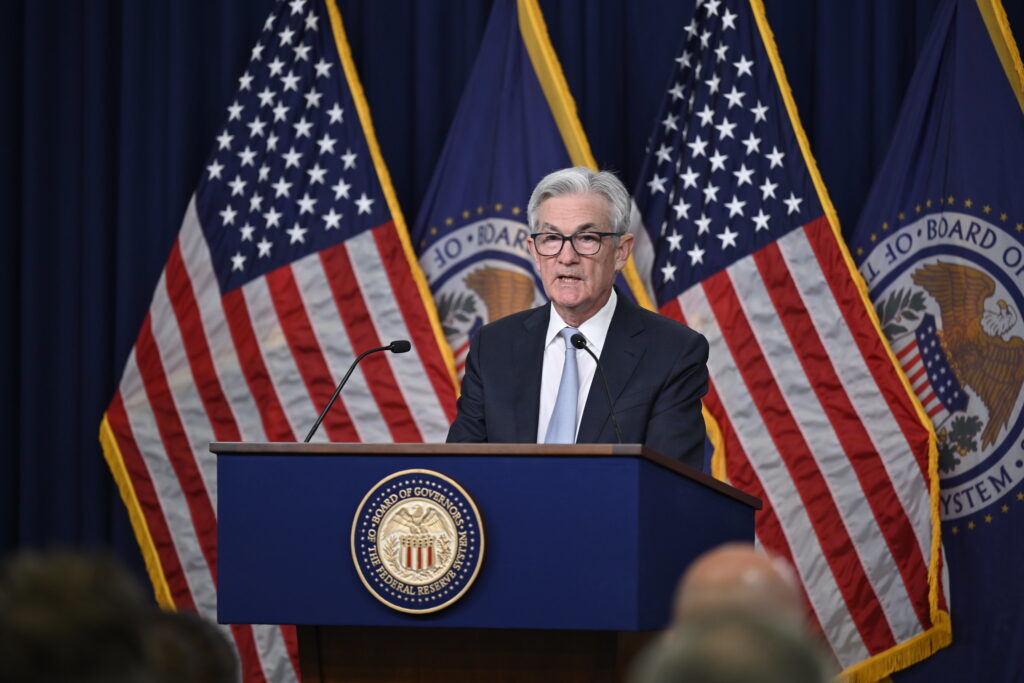
The Federal Reserve raised interest rates by 75 basis points on Wednesday, the largest increase since 1994. The move is an effort to combat inflation, which is at a 40-year high. The Fed’s decision was widely expected by economists. The central bank had signaled that it was likely to raise rates by 75 basis points after inflation data showed that consumer prices rose 8.6% in May, the fastest pace in more than 40 years. The Fed’s decision to raise rates by 75 basis points is a sign that it is serious about fighting inflation. However, it is also a sign that the central bank is worried about the impact of higher rates on the economy. The Fed is walking a fine line between raising rates enough to slow inflation without raising them so much that they cause a recession. It is a difficult task, and it is one that the Fed has not always been successful in achieving. The Fed’s decision to raise rates will have a number of implications for the economy. It will make it more expensive for businesses to borrow money, which could lead to slower investment and hiring. It will also make it more expensive for consumers to borrow money, which could lead to slower spending. The Fed’s decision is also likely to weigh on the stock market. Stocks have already been volatile in recent weeks, and the Fed’s decision is likely to add to the volatility. The Fed is likely to continue raising rates in the months ahead. However, it is unclear how high the Fed will raise rates before it starts to see a slowdown in inflation. The Fed is facing a difficult challenge, and it is one that it will not be able to solve easily. Here are some of the potential impacts of the raised interest rates:
- Higher borrowing costs: Businesses and consumers will face higher borrowing costs, which could lead to slower investment and spending.
- Slower economic growth: The higher borrowing costs could lead to slower economic growth.
- Stock market volatility: The stock market could be volatile as investors react to the higher interest rates.
- Recession risk: There is a risk of a recession if the Fed raises rates too quickly or too high.
Significant Terms:
- Basis point: A basis point is a unit of measurement equal to one hundredth of a percentage point. So, a 75 basis point increase in interest rates means that the Fed raised rates from 1.5% to 2.25%.
- Inflation: Inflation is the rate at which prices for goods and services are rising. When inflation is high, it means that people need more money to buy the same amount of goods and services.
- Central bank: A central bank is a bank that is responsible for managing the money supply and interest rates in a country. The Federal Reserve is the central bank of the United States.
- Recession: A recession is a period of economic decline that is characterized by falling output, employment, and income.

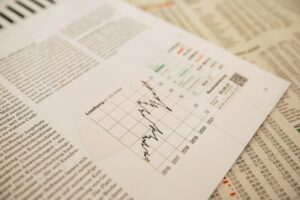
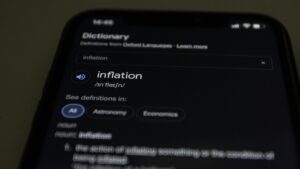
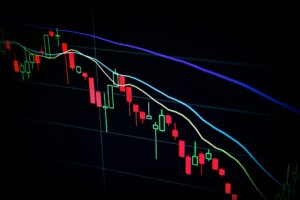

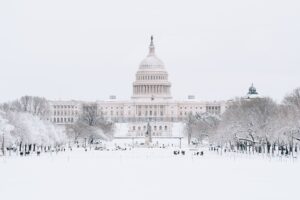
Comments are closed.